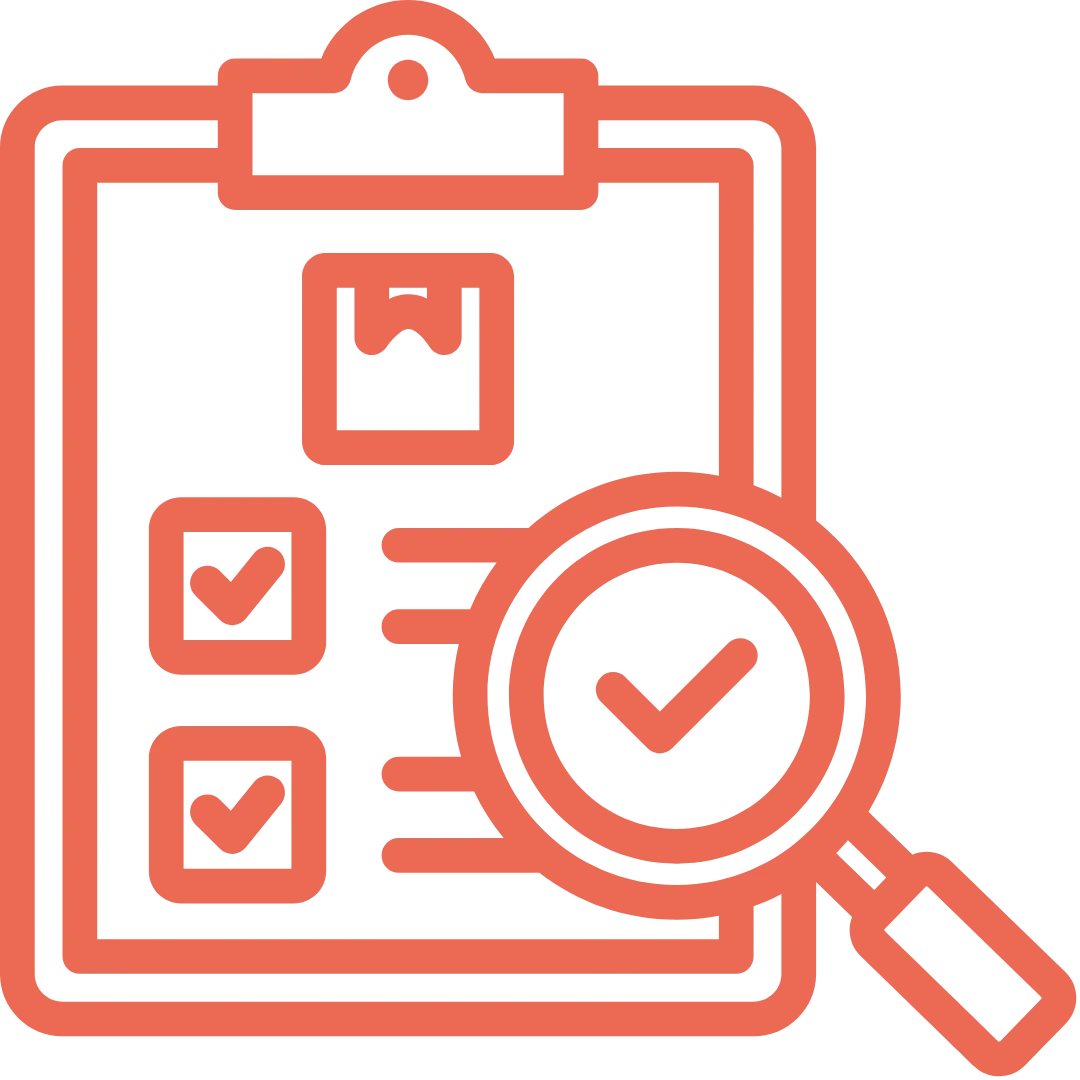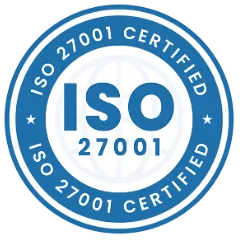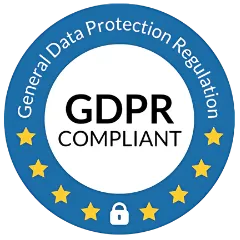An organization is equipped with lots of assets and pieces of equipment however when an organization is not equipped with automated asset tracking software then the organization ends up Having no accurate information of asset location. And the reason is a lot of assets are either lost or misplaced. Organizations have assets books where they keep all asset information but when it is managed manually asset information is inaccurate hence organizations look for an asset in somewhere else place, but the actual asset is in some other place.
In this blog, we will know how you can verify assets easily accurately, and efficiently! So, without wasting any time let us begin.
How Can You Easily Avoid Asset Loss or Keep Track of Them?
You can easily avoid asset loss and keep track of each asset with asset tag utilization. Asset tag comes with Asset tracking technology.
Now there are lots of asset tracking technologies available such as barcode QR (Quick Response) code RFID (Radio Frequency Identification) GPS (Global Position System) BLE (Bluetooth Low Energy) NFC (Near Field Communication) IoT (Internet of Things) etc. However, each asset tracking technology has its benefits and drawbacks as well.
Each asset tag has a unique identification number. This Asset comes in the sticker form. You can attach an asset tag to each asset to identify individually.
Moreover, the asset tracking tag provides asset location all the time. The unique identification number is stored in the software so that whenever the asset tag is scanned it fetches all the information related to it and helps in asset identification.
What Is the Need for Timely Verification of Your Physical Asset?
Below we have discussed the need for timely verification of physical assets:

1. Accurate Asset Numbers
It is particularly important to know the accurate numbers in your organization to verify assets physically. Lots of organizations think that they can calculate asset numbers at their fingertips but not.
Maybe small size organizations can do calculate but not medium or big size organizations. Most assets are expensive, that is why it is important to keep track of every asset.
2. Avoid Asset Theft & Misplacement
Timely verification is essential so that Asset theft and asset misplacement can be avoided. It is one of the major reasons physical verification are done. It is important for organizations that send their assets outside the premises at regular intervals.
3. Asset Location
It is important to know asset location all the time. Several times it has been seen that that organization search for an asset in various places and Assets are found in distinct locations. It is because of inaccurate asset tracking that is why timely verification is important.
Missed To Read: How to Prepare Your Organization for an Asset Auditing Process?
4. Eliminate Ghost Asset Existence
Ghost assets are extremely dangerous for business. Ghost assets are those assets that do not exist physically but are mentioned in the accounts book. As a result, you are paying taxes for those assets which you are not even using.
If ghost assets are found during an external audit your organization might end up paying a huge penalty. The auditor can also think that overvaluing your assets is also not good for business.
Therefore, it is particularly important to get rid of ghost assets as they can create problems in the audit as well.
It is important to dispose of all your assets from your account book in the right way. Moreover, to achieve this, you need to invest in automated software.
5. Maintain Compliance
When asset locations are known, and all the information related to each asset is maintained properly. It is helpful in maintaining compliance when an external audit. In the asset audit procedure, every asset is checked and detailed and their documents are as well.
Therefore, it is significant to maintain compliance. Moreover, when you keep track of each asset you can easily maintain each asset and reduce maintenance expenses as well. These factors are helpful in maintaining compliance (internal and external).
6. Maintain Asset Records
Data assists the organization in several ways. It lets you know the complete picture of Asset and how Asset is performing how much maintenance it is taking.
Data play a crucial role in finding important analytics that can help in business growth. It also assists the organization in making decision making and a strategical approach can be taken with data assistance.
Conclusion
Timely verification of assets is important not to just keep assets safe but it makes your team more productive. When they do not get assets on time then business operations suffer and production work delays which are not good for business at all.
Asset audit software can be immensely helpful in physical verification moreover it can provide asset location as well.
Also Read: A Complete Overview of Asset Labeling in the Asset Tracking Software
Frequently Asked Questions (FAQs)
1. What Is a Fixed Asset Register? What Is the Information Included in the Fixed Asset Register?
As we know, fixed assets are long-term investments that help businesses in generating revenue and add value to the organization. A fixed asset register is that register in which all assets information is stored. It includes financial history as well that assists organizations in making informative decisions. The information included in the fixed asset register is as follows:
1. Asset identifier code
2. Name of asset
3. Asset description
4. Purchase details
5. Asset life expectancy
6. Depreciation method
7. Asset location
2. What Are the Distinct Types of Asset Audits There?
Asset audit mainly can be divided into 2 categories internal audit and external audit. An internal audit is an audit in which an organization hires an auditor that helps them in discovering flaws and errors so that they can overcome them before the external audit is performed. The external audit is done by other government organizations in which they examine each detail of the organization and check their balance sheet and account details do not know if any issues exist or not.
3. What Are the Benefits of Asset Auditing Software?
Below we have mentioned a few of the main asset audit software benefits:
1. Eliminate ghost asset issue
2. Better productivity
3. Precise depreciation calculation
4. Better compliance
5. Alerts and notifications
6. Accurate asset location

















































.webp)
.webp)
.webp)
.webp)
.webp)
.webp)
.webp)
.webp)
.webp)

.svg)




.webp)
.webp)











































.png)




.webp)



















